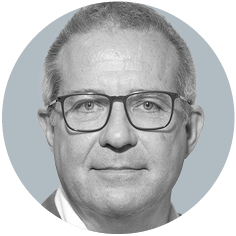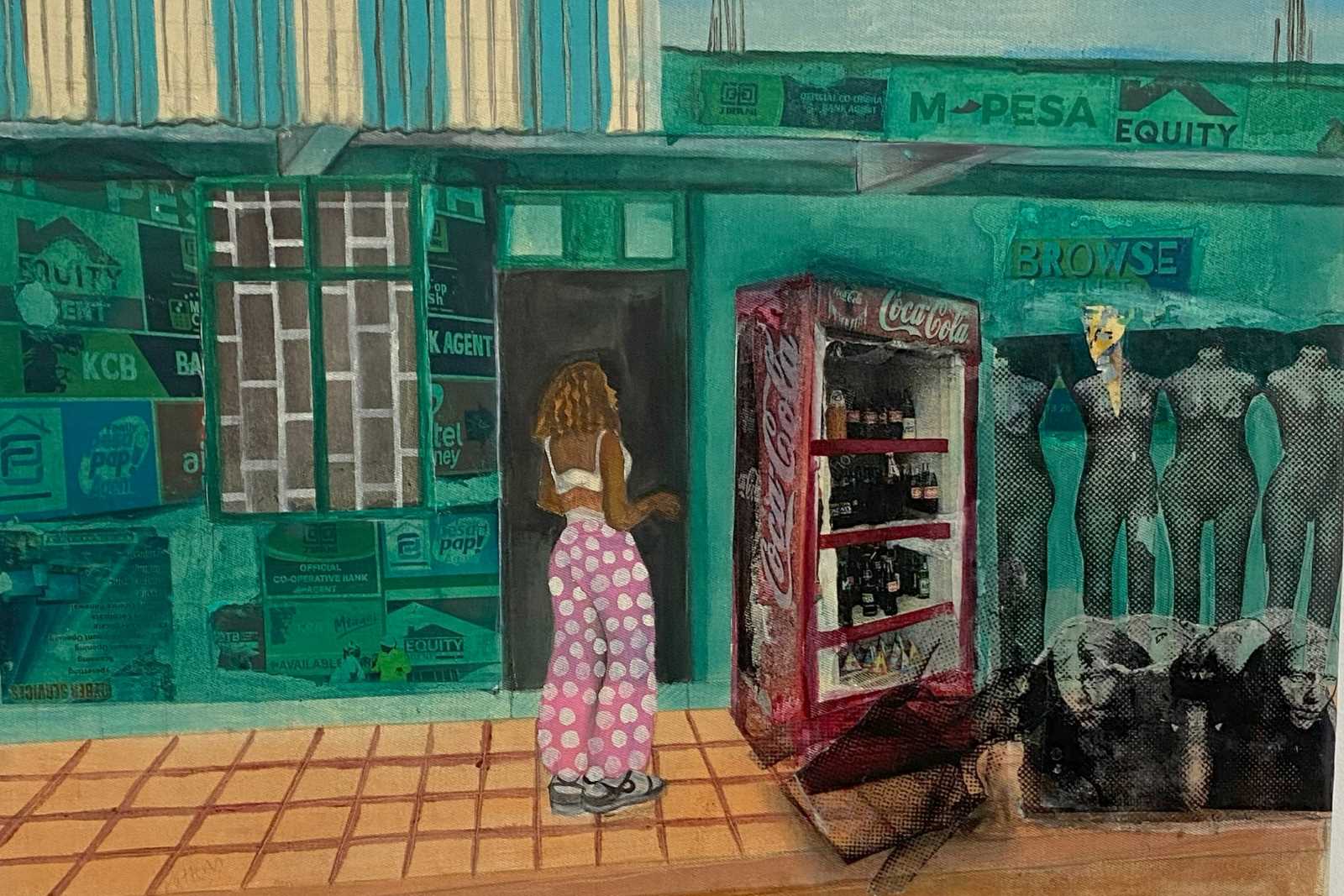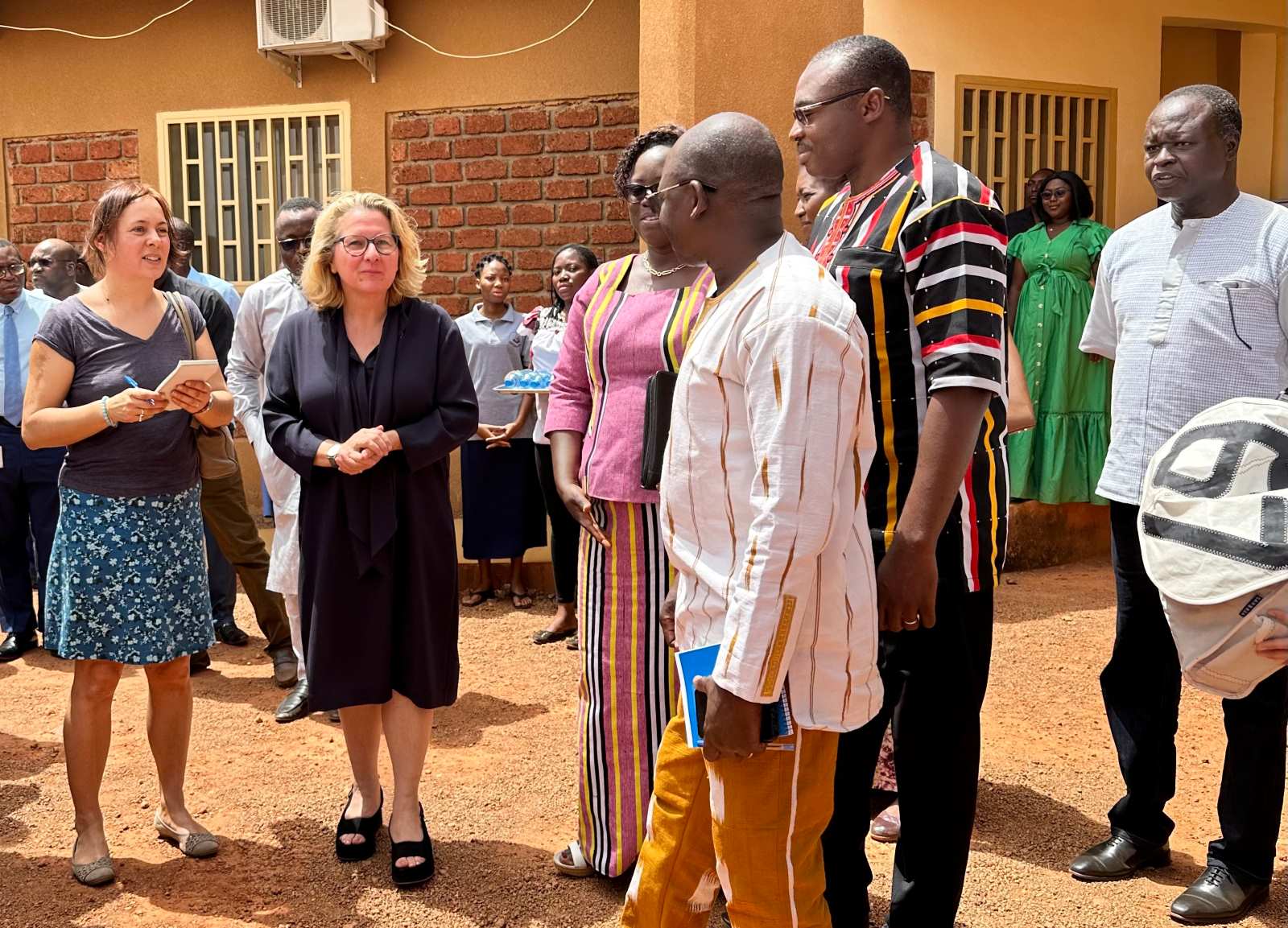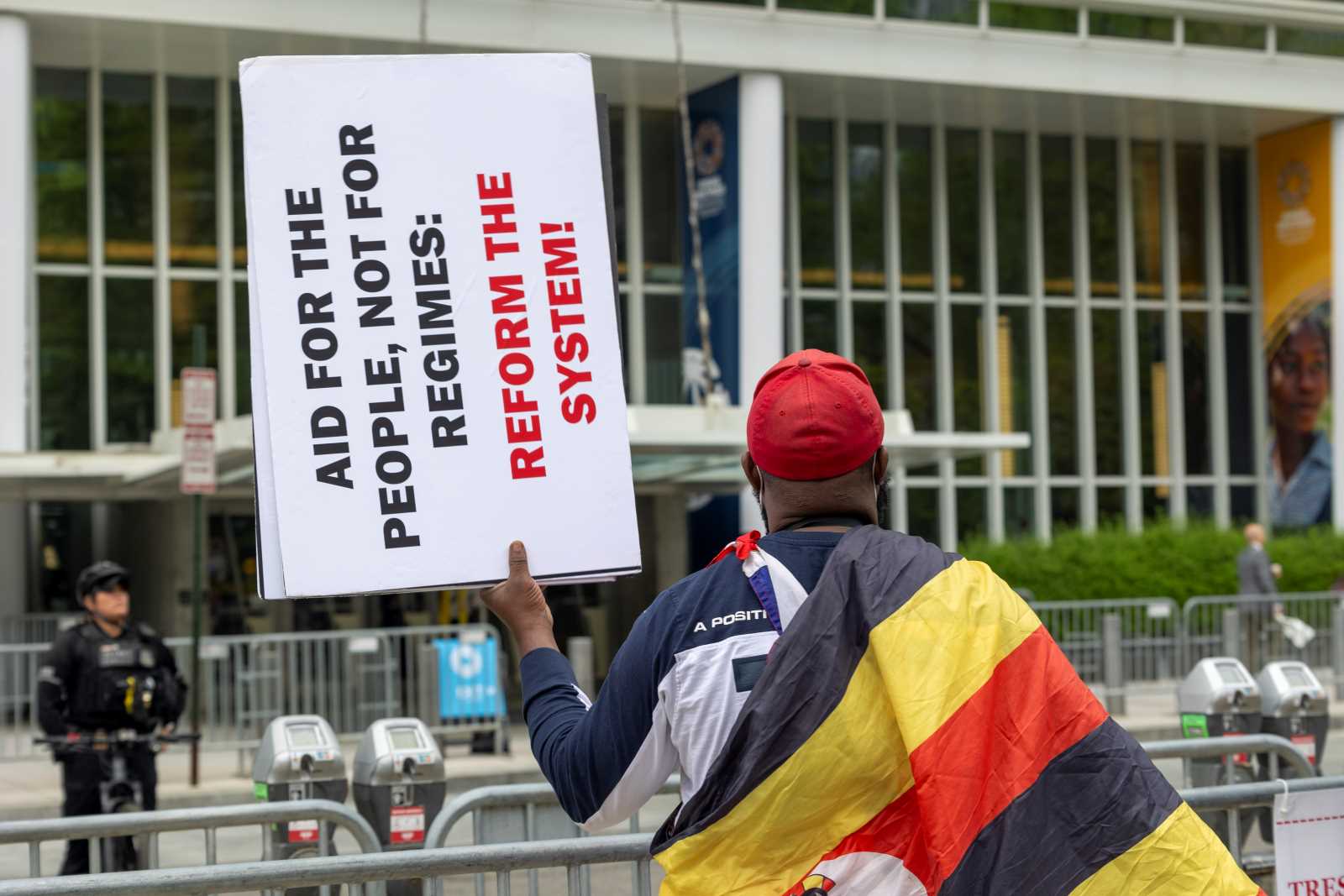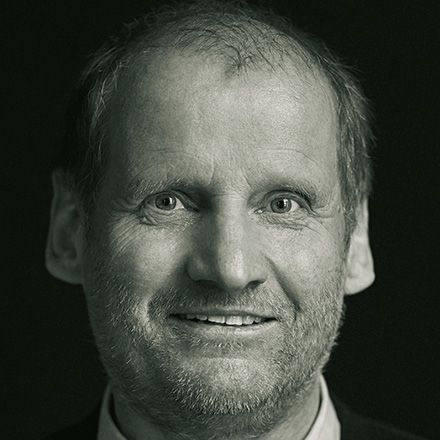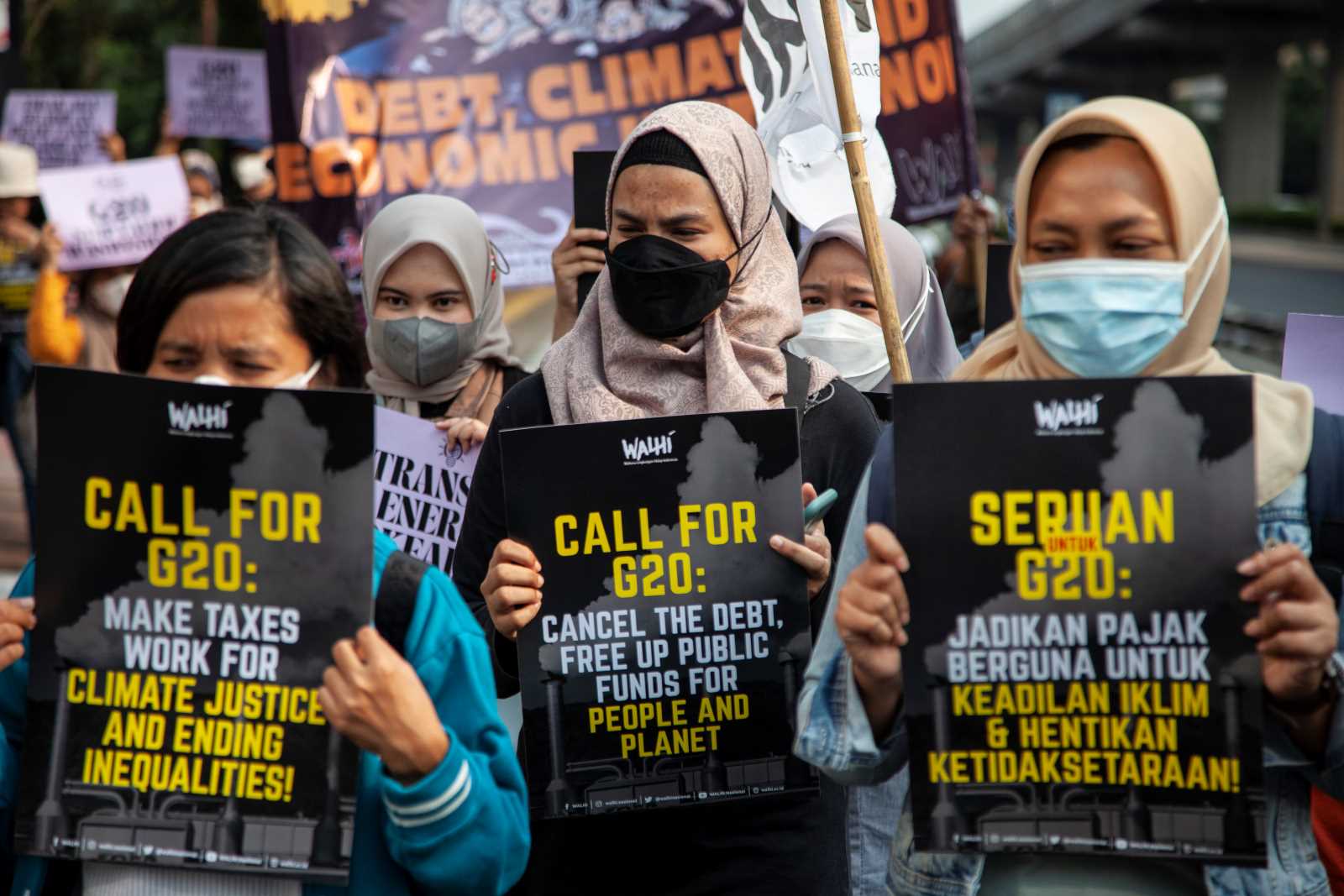International cooperation
The destruction of American development policy
The last political and legal word on the end – or uncertain future – of USAID has not yet been spoken. In January, US President Donald Trump froze the assets of the development agency and ordered its employees around the world to stop work. Courts have temporarily blocked these forced leaves of absence for labour law reasons. However, it is clear that the destruction that Elon Musk and Donald Trump have started will continue. The public celebration of completely unfounded accusations against USAID and its employees is disturbing and often grotesque. For example, Elon Musk has characterised USAID as a “criminal organisation”, and the notice of leave that USAID employees received ended with the words “Thank you for your service”.
The US administration is currently trying to impose a single rule on the rest of the world: Whatever the USA demands must be unconditionally granted. Those who do not comply will face the stiffest penalties, even in cases of absurd accusations like those lobbed against South Africa. Trump charged its government with confiscating land and supporting “bad actors” – and abruptly cut financial aid. Despite the constant stream of updates, we must try not to lose sight of the big picture. The explosive power of what is happening can hardly be underestimated. What follows is an attempt to take stock of the damage.
The aftermath of the destruction
First: In many cases, the immediate implications for USAID partner countries are dramatic. While food aid and other lifesaving measures have been exempted from the freeze, the enormous insecurity and disruption of workflows have nevertheless caused massive, avoidable human suffering. The consequences can also be observed in many other areas. For example, USAID supports civil-society actors and journalists who advocate for an open society and politics. The impact in this case is less obvious, but likewise enormous.
Second: Trump’s decision has shaken the entire development system like an earthquake. Almost 20 UN agencies have been affected by the forced administrative leave, directly impacting their ability to carry out their core missions. A $ 4 billion pledge to the Green Climate Fund has been rescinded. Payments to the Development Assistance Committee (DAC) of the OECD have been stopped and DAC delegates withdrawn. Development cooperation with other donors, like Canada, have been severely impacted by the administration’s actions. China and Russia are directly profiting from the USA’s withdrawal.
Third: Trump is shaking the pillars of international organisations – which the USA founded and has significantly shaped – so hard that the entire structure or key parts of it could fall. Whether the United Nations as a whole, the World Bank, the International Monetary Fund, the World Trade Organization or the OECD: Crucial norms like territorial integrity, which have defined the current world order, are in danger.
Fourth: The destruction of state structures in the USA by an oligarchic power elite is fundamentally changing the American political model. Timothy Snyder describes these events as following the “logic of destruction” (Snyder 2025). Steven Levitsky and Lucan A. Way consider it likely that, under Trump’s second administration, the USA will stop being a liberal democracy and will instead meet the criteria of “competitive authoritarianism” (Levitsky and Way 2025). US development policy is one of the first victims.
What can be done now
There is no simple recipe for how Germany and Europe should respond. Many questions are fundamental and extend far beyond development policy. Abandoning our passive role and refusing to act like helpless bystanders would, of course, be advisable. At the same time, the numerous fires that the Trump administration is setting simultaneously leave little time for strategy. Four points could help us orient ourselves in the ever-expanding rubble:
- We should forge even stronger interest group alliances with actors in the global south. Development policy can help limit the damage and loss of trust that Germany and Europe experience. Therefore, we must avoid the downward spiral that other European countries’ development policy has already fallen into, primarily as a result of budget cuts.
- We should use existing structures and organisations – with or without the USA! The DAC can play a central coordinating role even without American participation. We should also give the UN agencies that we identify as essential the opportunity to emerge from their state of shock. We should by no means abandon them to a stronger Chinese influence. We must actively shape, rather than simply manage, partnerships with countries like Japan, South Korea and Britain.
- We should very actively pursue a strategic reform of German development policy. Where have inherited practices made German development policy too cumbersome? What fundamental reforms could strengthen the development policy system, both in terms of political leadership and implementation?
- We urgently need different coordination mechanisms within the federal government. A national security council is overdue. Allowing development policy to have an equal role on this council would be a win for everyone involved.
Links
Snyder, T., 2025: The logic of destruction.
https://snyder.substack.com/p/the-logic-of-destruction?utm_campaign=post&utm_medium=web&triedRedirect=true
Levitsky, S., and Way, L. A., 2025: The path to American authoritarianism. Foreign Affairs.
https://www.foreignaffairs.com/united-states/path-american-authoritarianism-trum
Stephan Klingebiel heads the research programme “Inter- and Transnational Cooperation” at the German Institute of Development and Sustainability (IDOS). He is a visiting professor at the University of Turin and Ewha Womans University in Seoul.
stephan.klingebiel@idos-research.de
